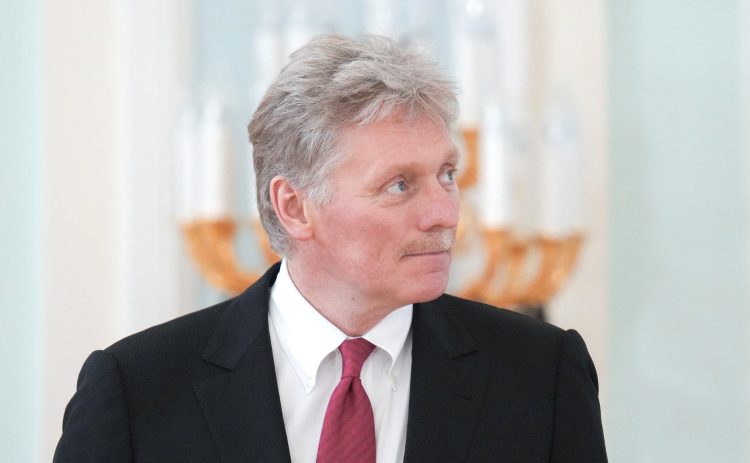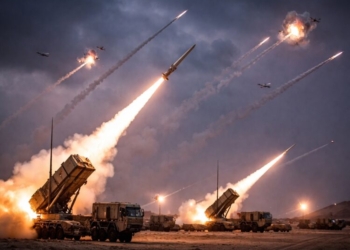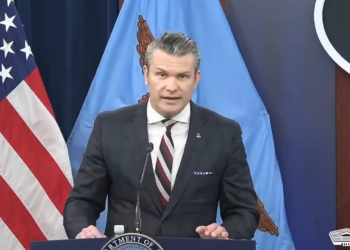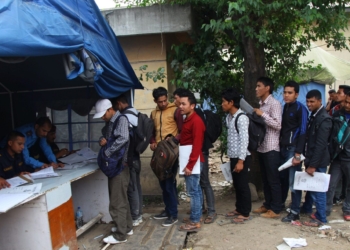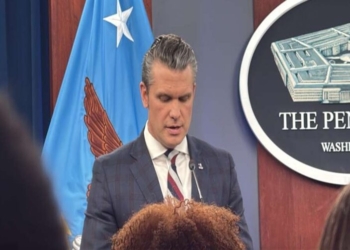Moscow: The Kremlin spokesperson Dmitry Peskov criticised the United States on Monday for its sweeping tariff hikes, accusing it of undermining global economic stability.
“We are closely monitoring the current situation, which remains highly volatile and emotionally charged,” he said during a daily briefing on Monday.
The US-imposed tariffs on numerous countries have created a climate of economic tension and pessimistic global market projections, said Peskov.
“Of course, we are doing and will do everything necessary to minimize the consequences of this global economic turmoil for our economy,” he added, Xinhua news agency reported.
US President Donald Trump signed an executive order Wednesday on so-called “reciprocal tariffs,” imposing a 10 per cent “minimum baseline tariff” and higher rates on certain trading partners.
Stock markets across the Asia-Pacific traded sharply lower on Monday as financial turmoil sparked by the US decision escalated recession fears worldwide.
Earlier in the day, the Chinese Foreign Ministry said that the unilateral imposition of “reciprocal tariffs” by the United States effectively deprives countries, particularly those in the Global South, of their right to development, and is certain to face widespread opposition from the international community.
Chinese Foreign Ministry spokesperson Lin Jian said at a daily news briefing that the United States, under the guise of “reciprocity,” acted in a manner that prioritizes its own interests at the expense of other nations’ legitimate benefits. This approach places “America First” above international rules, exemplifying unilateralism, protectionism, and economic bullying.
Lin added that the Chinese government has issued its position on opposing US abuse of tariffs, making clear its solemn attitude.
Data analysis from the World Trade Organization indicates that, amid economic disparities and unequal power dynamics, US tariff policies will exacerbate the wealth gap among nations, with less developed countries facing particularly severe repercussions, Xinhua news agency reported. This trend poses a significant threat to the efforts intended to achieve the United Nations 2030 Agenda for Sustainable Development, Lin said.
(IANS)




